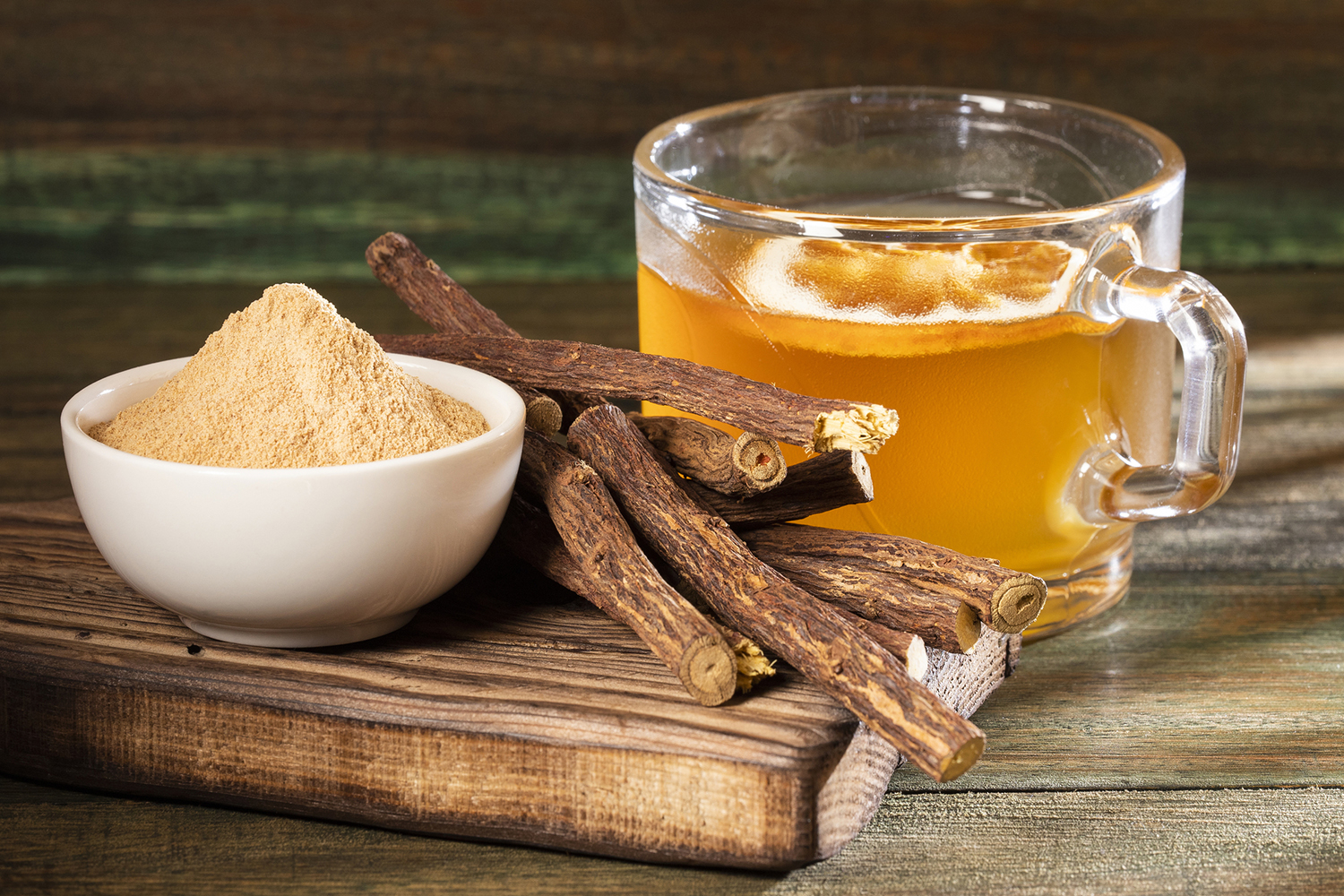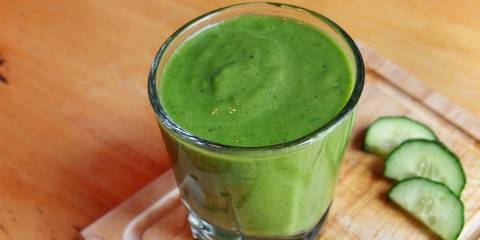Dating back more than 6,000 years, the ancient healing tradition of Indian, or Ayurvedic, medicine is the oldest healthcare system in the world.
“In Ayurvedic thinking, prevention is the best medicine, and in pursuit of a long healthy life, strengthening one’s immune system becomes essential,” explains herbalist Steven Foster. In Ayurveda, diet and balancing your mental, physical, and spiritual self with the world around you is as important as herbal remedies.
Today a number of these ancient herbs are subject to scientific research, which often validates traditional uses. Here are some benefits of three such herbs that support a healthy lifestyle.
Consider These Ayurvedic Herbs
-
Ashwagandha
Ashwagandha (Withania somnifera) is a popular tonic in Ayurvedic medicine that’s “good for just about anything that ails you,” says herbalist James A. Duke, PhD.
Traditionally recommended to clear the mind, calm the nerves, and promote restful sleep, ashwagandha has been found to improve thinking skills in double-blind, clinical research. “Its active ingredients, called withanolides, may bolster the immune system, buck up stamina, fight inflammation and infections, oppose tumors, reduce stress, revive libido, and protect the liver,” adds Dr. Duke.
One recent Japanese cell study identified seven potential cancer-killing compounds in this herb. Also known as Indian ginseng, ashwagandha may prevent diabetes, combat malaria, and (at least in animal studies) appears to help strengthen bones.
-
Gugul
Gugul (Commiphora sp.) is the resin of a small tree. “It stimulates the skin, mucous membranes, and kidneys to excrete toxins,” says Ayurvedic expert Robert E. Svoboda, BAMS.
This herb also “relieves pain, strengthens the thyroid, and raises the blood level of thyroid hormone.” In addition, “its strong anti-inflammatory action makes gugul the best medicine for many kinds of arthritis.”
In India its standardized extract, gugulipid, is a cholesterol-lowering and triglyceride-lowering medicine that’s as effective as lovastatin and similar drugs in this country. In one recent review, more than 80 percent of randomized controlled trials show this herb useful in lowering these lipids.
Combined with other Ayurvedic herbs, guggul may also reduce excess body fat.
-
Licorice
Licorice (Glycyrrhiza glabra) means “sweet stalk” in Sanskrit, though this medicinal herb (rich in flavonoids, saponins, and other beneficial ingredients) is a far cry from the ropey candy.
As popular in Chinese as Ayurvedic medicine, licorice is recommended for:
- asthma
- bronchial problems
- cough
- inflammation of mucous membranes
- sore throat
- Addison’s disease
- arthritis
- bladder problems
- kidney problems
- tummy troubles, including:
- duodenal ulcers
- peptic ulcers
*Addison's is a rare endocrine condition.
Recent research points to this herb’s anticancer, anti-inflammatory, antioxidative, and antimicrobial powers, while in animals it may support learning and memory.
But because therapeutic doses may lead to unwanted side effects, most experts recommend deglycyrrhizinated licorice, or DGL.
Otherwise, take licorice under medical supervision.
Unwanted side-effects can include:
- headache
- high blood pressure
- water retention
- skewed levels of:
- potassium
- sodium





